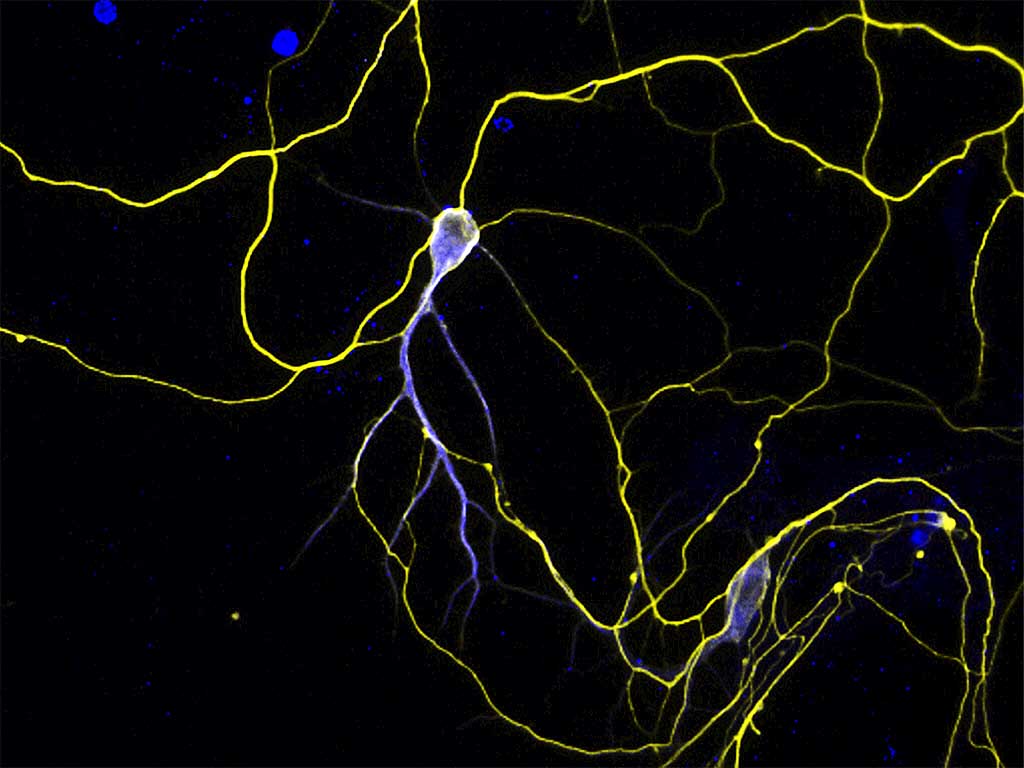Increased Grik4 Gene Dosage Causes Imbalanced Circuit Output and Human Disease-Related Behaviors
Altered glutamatergic neurotransmission is thought to contribute to mental disorders and neurodegenerative diseases. Copy-number variation in genes associated with glutamatergic synapses represents a source of genetic variability, possibly underlying neurological and mental disease susceptibility. The GRIK4 gene encodes a high-affinity kainate receptor subunit of essentially unknown function, although de novo duplication of the 11q23.3-q24.1 locus to which it maps has been detected in autism and other disorders. To determine how changes in the dose of Grik4 affect synaptic activity, we studied mice overexpressing this gene in the forebrain. A mild gain in Grik4 enhances synaptic transmission, causing a persistent imbalance in inhibitory and excitatory activity and disturbing the circuits responsible for the main amygdala outputs. These changes in glutamatergic activity reverse when Grik4 levels are normalized; thus, they may account for the behavioral abnormalities in disorders like autism or schizophrenia.

 English
English
